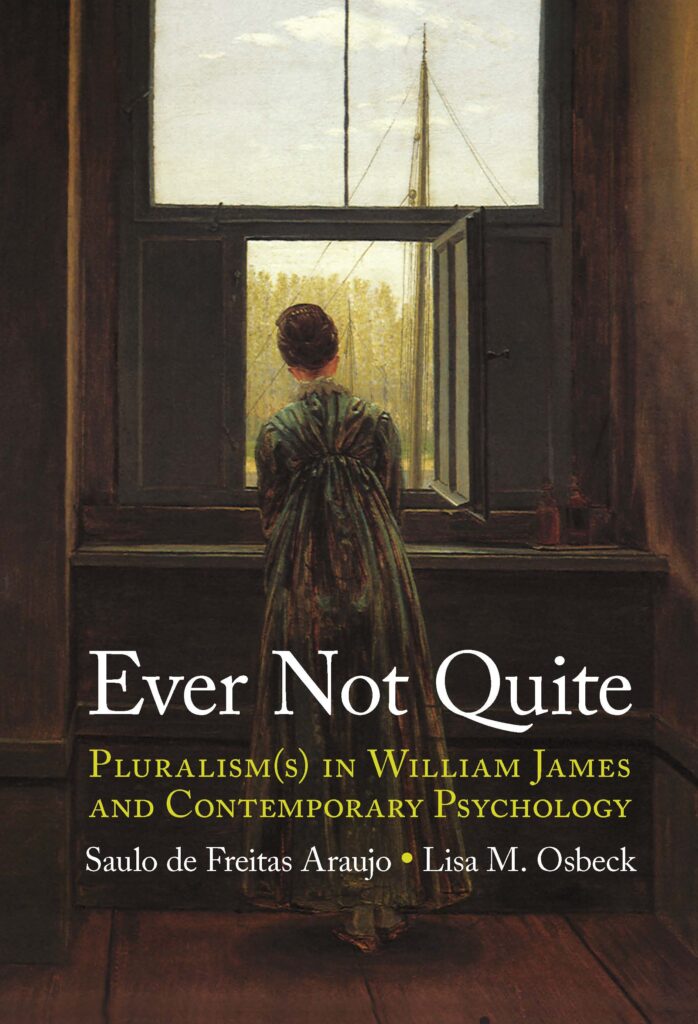
Pluralism is a kind of buzzword across much of the academic landscape, but is it clear what we mean by it or what a pluralistic approach to science or any branch of inquiry entails? Why should we care about pluralism in the first place, much less turn to pluralism as a viable path to knowledge? How is pluralism any different from relativism?
The term “pluralism” first seems to appear in the late 18th and early 19th centuries in a variety of philosophical and theological contexts that have very little in common. In contemporary thought, pluralism is discussed in political, religious, creative, epistemic, and ethical contexts, to name a few, and the associated meanings vary widely. This would not be a problem in itself if pluralism were not sometimes upheld as a kind of answer, a path out of the darkness. If we are not clear what it means it will be difficult to implement or encourage.
Psychology is one area in which calls for pluralism are frequent, both in early years and in recent scholarship. William James made numerous references to pluralism throughout his career, and many contemporary psychologists discuss pluralism or simply call for pluralism as a corrective to perceived narrowness and hegemony in the philosophical and methodological foundations of psychological knowledge. In both James and contemporary psychology, pluralism and the purposes to which it is applied are understood in a variety of ways. The relation of contemporary forms of pluralism to the pluralism(s) of William James is uncertain, adding to the problem of whether and how it should be pursued as a goal rather than merely tolerated because psychologists can’t agree on the way to conduct their inquiry.
With these problems in mind, Saulo Araujo and Lisa Osbeck look closely at how contemporary psychology conceptualizes pluralism and at the various meanings pluralism assumes across the major writing of William James. In Ever Not Quite: Pluralism(s) in William James and Contemporary Psychology (Cambridge, June 2023), Araujo and Osbeck focus especially on distinguishing ontological, epistemological, and ethical forms of pluralism in James and circle back to the question of what these forms imply for psychology and any form of inquiry. Combining detailed analysis of James’s texts with reflections on their broader meanings, Araujo and Osbeck make important contributions to both James scholarship and theoretical psychology that may have implications beyond psychology. They are guided by the conviction that James, though having legendary status often cited in a general way, is ignored or dismissed by most contemporary psychologists as having little to add to the psychology of our own time. By contrast, Araujo and Osbeck believe James’s dense and sometimes difficult writings have enduring insights well worth revisiting as psychology continues to struggle with defining its subject matter, central questions, methods, and ultimate aims. James’s writings about pluralism are especially profound, though they are some of the least well understood. Coming back to the initial question, what is clear is that more clarity is needed around pluralism, including different forms or varieties of pluralism (hence “pluralisms”).
Ever Not Quite hopes to demonstrate that James can help with that project and help us better understand why we should care about pluralism in the first place.

Title: Ever Not Quite – Pluralism(s) in William James and Contemporary Psychology
Author: Saulo de Freitas Araujo and Lisa M. Osbeck
ISBN: 9781108845021
Latest Comments
Have your say!